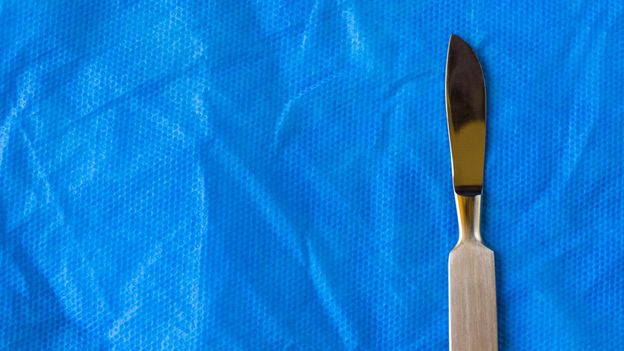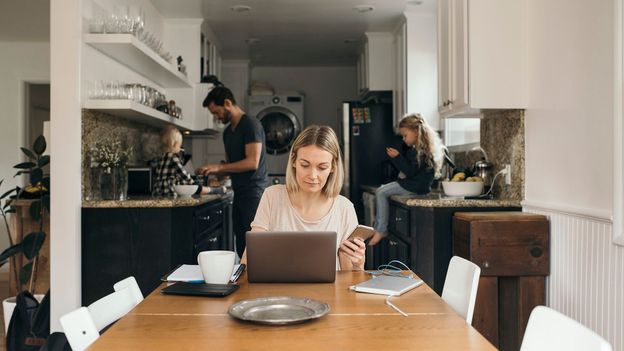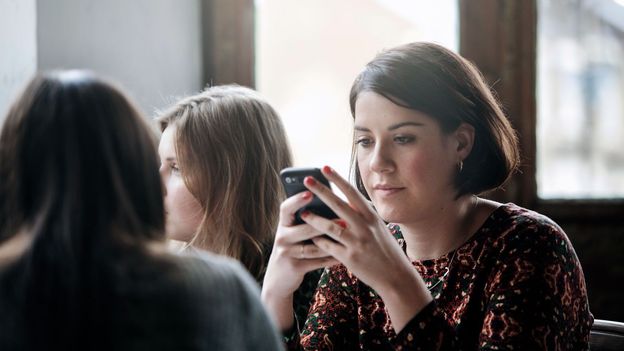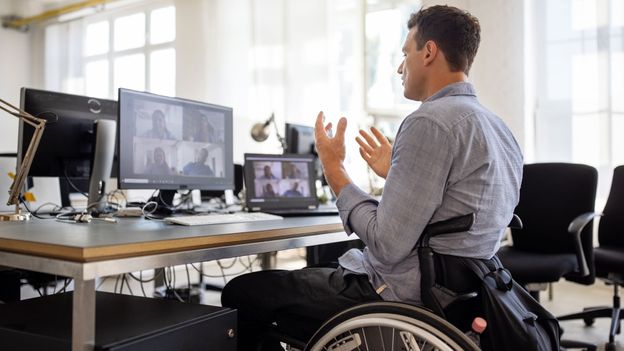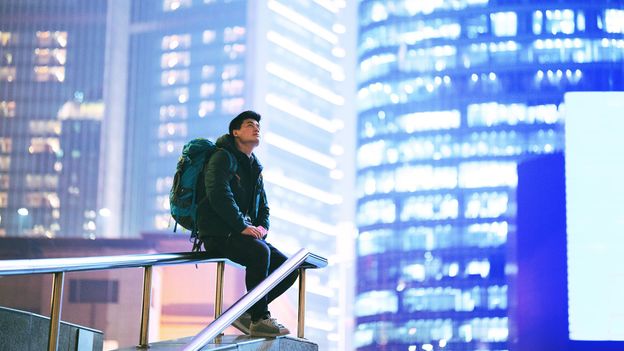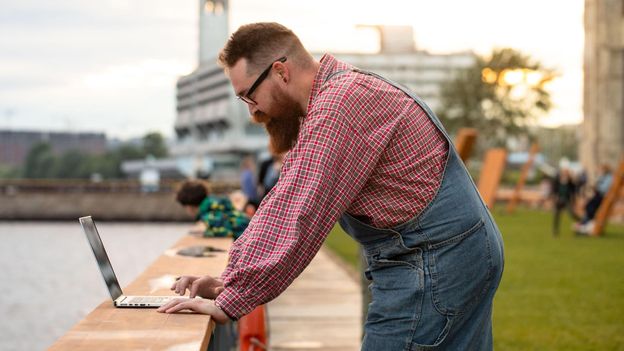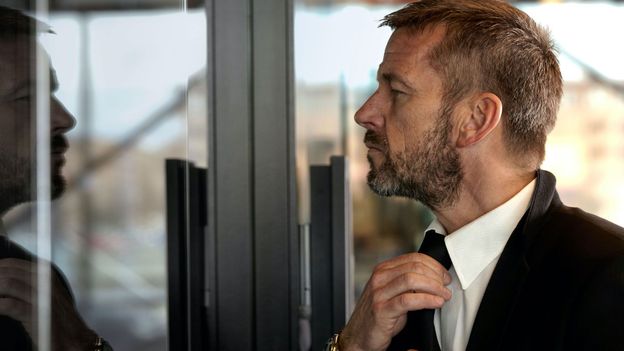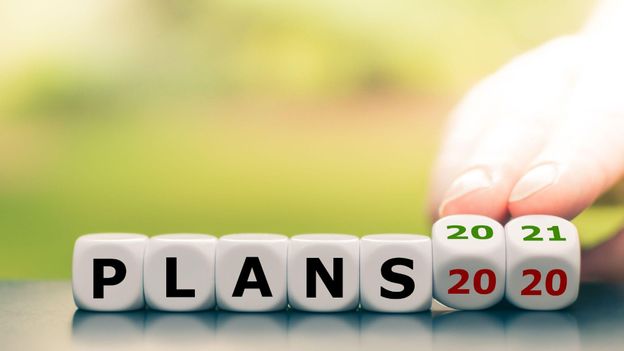And with Zoom calls, not only are you staring at your face at a particular angle for hours on end, but you’re also looking at other people’s faces and comparing yours side-by-side in real time, says Gordon Lee, a plastic and reconstructive surgeon at Stanford University in California. “Celebrities have to look good in front of people,” he says. And now, for many amid the Zoom Boom, “so do regular people”.
The ‘pressure cooker’ of quarantine
The specific environment of pandemic-induced lockdown also contributes to the cosmetic-surgery Zoom Boom. For example, lockdown has given people more time to think and research treatments – especially if they had been considering getting a procedure done regardless of the pandemic. Lockdown makes it easy for people to stay at home as they heal, and they can also conceal their face behind a mask when in public. Some have reported an urgency to get treatments done more quickly in case we go into lockdown again.
But there are additional psychological factors, too. “Lockdown video calls have been occurring in contexts that, for many, have lacked other forms of social interaction and stimulation. The impact of the calls and subsequent negative thoughts can assume more significance than they might during a busy, active life,” says Owen. “In addition, if Covid and lockdown issues have led to lowered mood for some people, they may then be more prone to negative thinking or less favourable evaluations of themselves.”
London-based therapist Jodie Cariss is the Founder of Self Space, a private mental-health service where people can self-refer for sessions with qualified therapists. She says when working with clients with self-image issues who may be considering cosmetic surgery, she asks questions about what else is going on in their life, as it may be a symptom of a deeper underlying issue.

